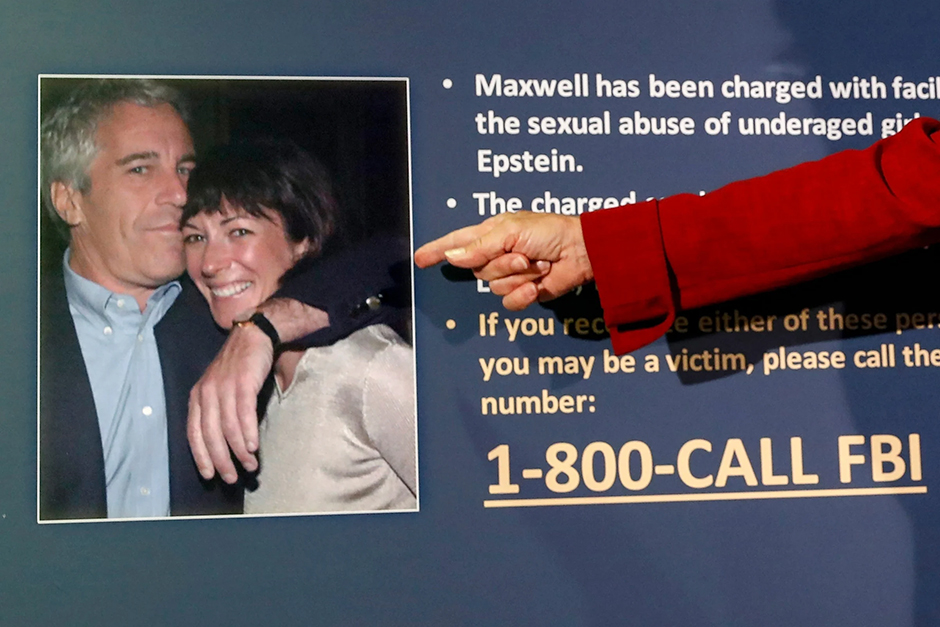The ghost of Jeffrey Epstein continues to cast a long, unsettling shadow over the halls of justice, demanding answers that have remained stubbornly out of reach for far too long. Despite his demise, the dark network he allegedly operated, and the powerful figures potentially intertwined with it, remain subjects of intense public scrutiny. It’s no wonder then that the Justice Department is once again pushing for the release of Epstein grand jury records in Florida, a move that rekindles hopes for transparency and accountability in a case that has left a profound mark on the collective consciousness.
The Enduring Echoes of a Dark Legacy
For years, the Epstein saga has been synonymous with unanswered questions and a pervasive sense that the full truth has yet to emerge. His unexpected death, while awaiting trial, sealed off a crucial avenue for justice, leaving victims and the public grappling with a void. We’ve seen various documents trickle out over time, each revealing disturbing fragments, yet the complete picture remains obscured. Grand jury proceedings, by their very nature, are designed for secrecy, to protect witnesses and ensure fair process. However, when a case reaches this level of public infamy, and the primary accused is no longer able to face trial, the argument for maintaining that secrecy shifts dramatically.
The federal grand jury records from Florida are particularly significant. These aren’t just peripheral notes; they contain the raw evidence, witness testimonies, and prosecutorial deliberations that led to the original federal indictment against Epstein. They represent the official, evidentiary foundation of the accusations against him. Releasing these could provide an unprecedented look into the scope of his alleged crimes, the methods employed, and, critically, any individuals who might have aided, abetted, or even simply ignored the horrors unfolding around them. It’s an opportunity to finally shine a full spotlight on the shadows that have persisted for so long.
Unlocking the Vault: What’s at Stake?
The Justice Department’s renewed push signals an acknowledgment of the immense public interest and the lingering need for closure. This isn’t just about satisfying curiosity; it’s about providing a measure of justice and understanding for the victims and for a society deeply shaken by the allegations. What could these records reveal? Potentially, they could identify co-conspirators who were investigated but never charged, expose specific acts of a widespread criminal enterprise, and shed light on how Epstein managed to operate with such apparent impunity for so long. They could offer concrete details that move beyond rumor and speculation, providing verifiable facts that are crucial for historical accuracy and future prevention.
Of course, there are always arguments against such releases, primarily concerning the privacy of individuals mentioned and the potential to compromise ongoing investigations. But for a case of this magnitude, where a notorious figure evaded full accountability, the public interest in transparency often outweighs these concerns. As one legal observer succinctly put it, “These aren’t just old files; they’re pieces of a puzzle that victims and the public deserve to see completed to truly understand the depths of this tragedy and hold everyone accountable.” The stakes are high, not just for the past, but for the integrity of our justice system moving forward.
The Public’s Demand for Full Transparency
In an era where trust in institutions is frequently challenged, the proactive stance by the Justice Department on this matter is a welcome development. It reinforces the idea that no individual, no matter how powerful or well-connected, should be beyond the reach of scrutiny and truth. The release of these grand jury records would be a powerful statement that the pursuit of justice doesn’t end with the death of the primary defendant. It would demonstrate a commitment to uncovering the full truth, ensuring that the legacy of Epstein’s actions is fully understood, and that all who bear responsibility are eventually brought into the light.
This initiative isn’t merely about revisiting a painful past; it’s about shaping a more just future. By allowing greater insight into the workings of this grim network, society can better identify systemic vulnerabilities and implement stronger protections. The demand for these records is a demand for accountability, for clarity, and ultimately, for a renewed faith in the ability of our legal system to seek justice for everyone, regardless of their status.




